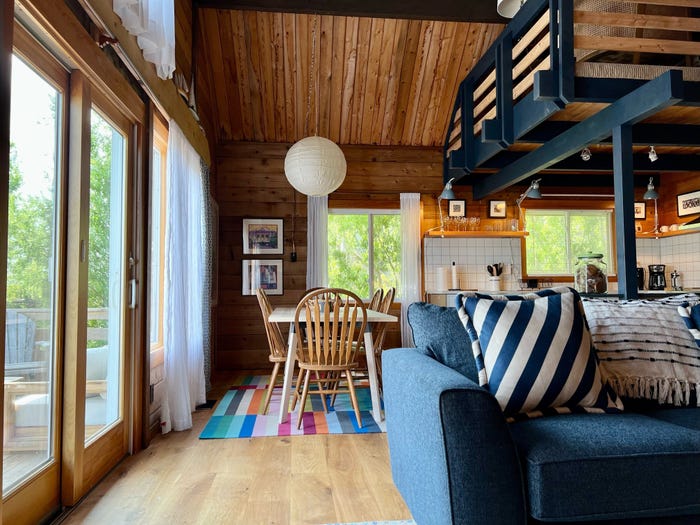The short term rental industry is experiencing a dynamic evolution, influenced by technological advancements, changing consumer preferences, and new regulations. As travelers increasingly seek flexible, homelike accommodations, the short term rental industry trends continue to shift and expand. This article delves into these trends, exploring their implications for hosts, travelers, and the broader real estate market.

The Rise of Experiential Travel
One of the most significant trends in the short term rental industry is the rise of experiential travel. Modern travelers are looking for more than just a place to stay; they want immersive experiences that allow them to live like locals. This trend has led to a rise in themed accommodations and unique experiences offered by hosts.
Personalized Experiences
Hosts are increasingly offering personalized experiences, such as local tours, cooking classes, and cultural workshops. These offerings not only enhance the travel experience but also allow hosts to differentiate their properties in a competitive market.
Technology Integration
Technology plays a crucial role in shaping the short term rental industry trends. From smart home devices to advanced booking platforms, technology is enhancing the guest experience and helping hosts manage their properties more efficiently.
Smart Home Features
Many short term rentals are now equipped with smart home features like keyless entry, automated lighting, and climate control. These features provide convenience and security for guests while streamlining operations for hosts.
Regulatory Challenges and Opportunities
As the short term rental industry grows, it faces increasing scrutiny from regulators. Cities around the world are implementing new rules to manage the impact of short term rentals on local housing markets and communities.
Compliance and Adaptation
Hosts must stay informed about local regulations and adapt their operations to remain compliant. This may involve obtaining licenses, paying taxes, or adhering to specific safety standards.
Environmental Sustainability
Sustainability is becoming an important consideration for travelers and hosts alike. Many guests now prefer eco-friendly accommodations that align with their values, prompting hosts to adopt sustainable practices.
Eco-Friendly Initiatives
Hosts can implement eco-friendly initiatives such as using renewable energy sources, reducing waste, and offering guests the option to participate in local environmental projects.
The Impact of Remote Work
The rise of remote work has transformed the short term rental industry, as more people seek accommodations that offer a comfortable work environment. This trend is driving demand for properties with dedicated workspaces and reliable internet connectivity.
Work-Friendly Amenities
To cater to remote workers, hosts are increasingly offering amenities such as ergonomic workstations, high-speed internet, and quiet environments conducive to productivity.
Investment Opportunities
The growth of the short term rental industry presents lucrative investment opportunities for real estate investors. Properties in desirable locations with high demand for short term rentals can offer attractive returns.
Market Analysis
Investors should conduct thorough market analysis to identify areas with strong demand and favorable regulations. Partnering with experienced property managers can also help maximize returns.
Conclusion
The short term rental industry trends are constantly evolving, driven by changing traveler preferences, technological advancements, and regulatory developments. By staying informed and adapting to these trends, hosts and investors can capitalize on the opportunities in this dynamic market.

Frequently Asked Questions
What are the key trends in the short term rental industry?
The key trends include the rise of experiential travel, technology integration, regulatory challenges, sustainability, the impact of remote work, and investment opportunities.
How can hosts differentiate their properties?
Hosts can differentiate their properties by offering personalized experiences, incorporating smart home features, and adopting sustainable practices.
What are the investment opportunities in the short term rental industry?
Investment opportunities include properties in high-demand locations with favorable regulations and strong market analysis.
For more insights, you can visit our page on case studies for detailed examples of successful short term rentals.
Additionally, check out our guide on work-from-home ideas for short term rentals to learn how to make your property more appealing to remote workers.
For tips on improving your hosting skills, you might find this article on Airbnb hosting tips helpful.
This article contains affiliate links. We may earn a commission at no extra cost to you.

